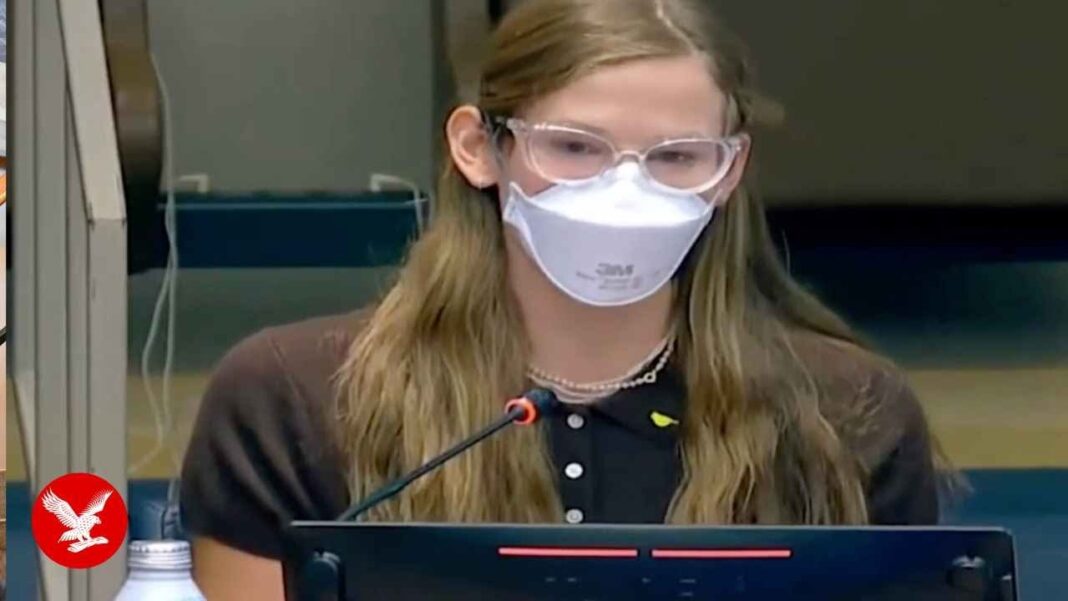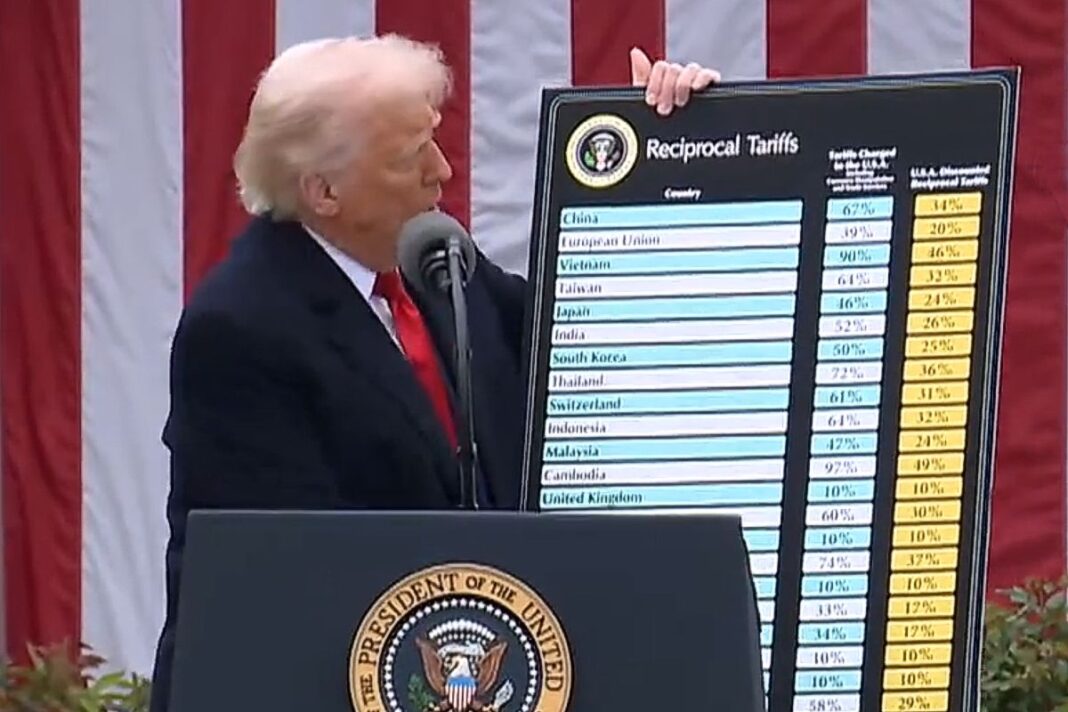The visit marks the first time a Syrian head of state has visited the White House since the country gained independence from France in 1946.
WASHINGTON—President Donald Trump welcomed Syrian President Ahmed al-Sharaa on Nov. 10 in the first visit by a Syrian leader to the White House.
Al-Sharaa took office in December 2024 after the overthrow of Bashar al-Assad, following a 13-year civil war that ended in victory for the Islamist group Hayat Tahrir al-Sham (HTS).
The meeting comes six months after Trump and Sharaa met in Saudi Arabia and days after the United Nations and the United States lifted terrorism-related sanctions on the Syrian leader.
Sharaa took office in December 2024 after the overthrow of Bashar al-Assad, following a 13-year civil war that ended with a victory by the Islamist group Hayat Tahrir al-Sham (HTS).
HTS was designated a foreign terrorist organization by the State Department in 2018, but was removed from the list this year.
The group began as the al-Nusra Front, an affiliate of al-Qaeda, the Islamist terrorist group founded by Osama bin Laden.
Last December, the United States dropped a $10 million counter-terror bounty against Sharaa, who was previously known as Abu Mohammad al-Golani. The decision coincided with a U.S. diplomatic visit to Syria on Dec. 20, 2024.
A now-deleted bounty notice against Sharaa notes his role in founding the Nusra Front and leading the group through its reorganization into HTS. The bounty notice further stated that the group had taken part in kidnappings and killings in Syria over the years, including the 2015 slayings of 20 Druze villagers in the Idlib province.
Last week, the U.N. Security Council lifted terror-related sanctions designations on him and Syrian Interior Minister Anas Khattab.
The U.S.-sponsored U.N. Security Council resolution, adopted last week, removed Sharaa and Khattab from sanctions targeting members and supporters of terrorist groups ISIS and al-Qaeda.
The resolution also welcomed Syria’s pledges to allow humanitarian access, combat terrorism, and protect human rights.
By Evgenia Filimianova and Emel Akan







